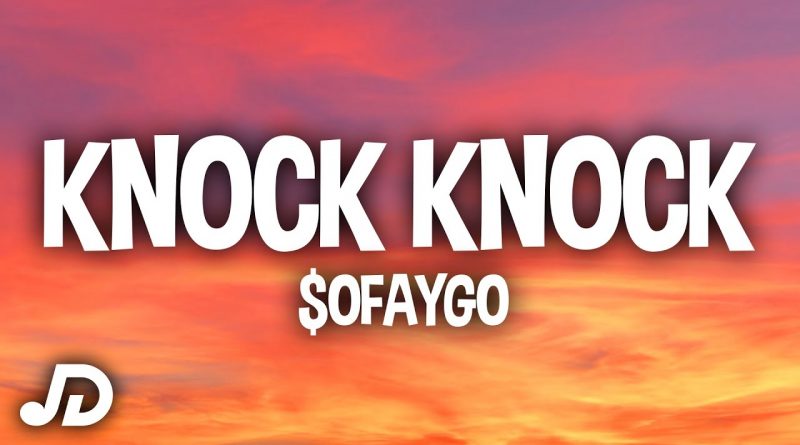
Still, it’s far from a fatal turn, and the song’s viscous production is warm and inviting. Speech’s contribution is mired in specificity, with an offhand reference to Spike Lee’s She’s Gotta Have It. Voices for him carry information through phrasing, inflection, tone, and grain the “meaning” of the lyrics is secondary, which explains why he can use vocalists using different languages so effectively.


Even the one stumble on the record, on “Colors of Autumn,” the track with Speech, captures something important about Koze’s music. The gorgeous “Music on My Teeth,” featuring José González, brings to mind the decayed film-strip warble of Boards of Canada or the Avalanches, and its arrival on the album feels like a forgotten dream slowly drifting into a consciousness. “ Pick Up,” with a swoop of strings and guitar reminiscent of Stardust’s “ Music Sounds Better With You,” prominently features a sample of soul legend Gladys Knight, showing how a vocal lead can come from a contemporary singer or someone from Koze’s record collection and the differences between the two can feel irrelevant.īut more atmospheric moments are just as revealing. That said, Róisín Murphy’s feature on “ Illumination” shows his deep facility with groove, as long stretches of rhythmic tension are gloriously released in short bursts. Koze’s melodic accessibility differentiates him from his beat-focused DJ peers, and explains why he has many fans who don’t follow the political and aesthetic conversations happening on the global dance floor. He may be an in-demand DJ who works the big-room European dance circuit, but he’s also a records-obsessed indie head finding connections between Arthur Russell, krautrock, shoegaze, and disco. “Bonfire” features the sampled voice of Justin Vernon, from the Bon Iver song “ Calgary,” and it illustrates something essential about Koze. Some of these collaborations help to situate Koze’s music more broadly as far as genre and scene. The fact that some of the guests appear more than once (Murphy gets two turns, as does Sophia Kennedy, the vocalist who released her strong debut album on Pampa last year) lends cohesion, and the production is extra lush. And if Knock Knock is a more conventional album than the more psychedelic and twisted Amygdala, it’s also a more affecting one. The guests are generally used in ways that fit within the context of their own work-Wagner’s contribution finds him soaked in Auto-Tune, as on the last Lambchop album, for example-but Koze has a way of making the contributors seem like they were born to sing over one of his tracks.


Knock Knock has a few familiar names among its cast of vocalists: Róisín Murphy, José González, Kurt Wagner of Lambchop, and, a name we haven’t heard in a while, the rapper Speech from ’90s hip-hop outfit Arrested Development. On his albums, he chooses an array of vocalists and essentially creates a sort of “mixtape” with all new music, where individual tracks are heavy with samples and feel as referential as a DJ set. The mix and compilation included many tracks with Koze’s careful and effective edits, and his tweaks made each production sound more like his own. Koze bends the rules of each form so that they come close to meeting in the middle. For listeners, the lines between a new Koze album, a new Koze mix, and a label sampler he’s curated are blurry. Knock Knock, Koze’s new full-length LP, is his first since 2013’s Amygdala, though in 2015 he released a mix for the DJ-Kicks series, and the label he founded, Pampa, put out a sampler in 2016.


 0 kommentar(er)
0 kommentar(er)
